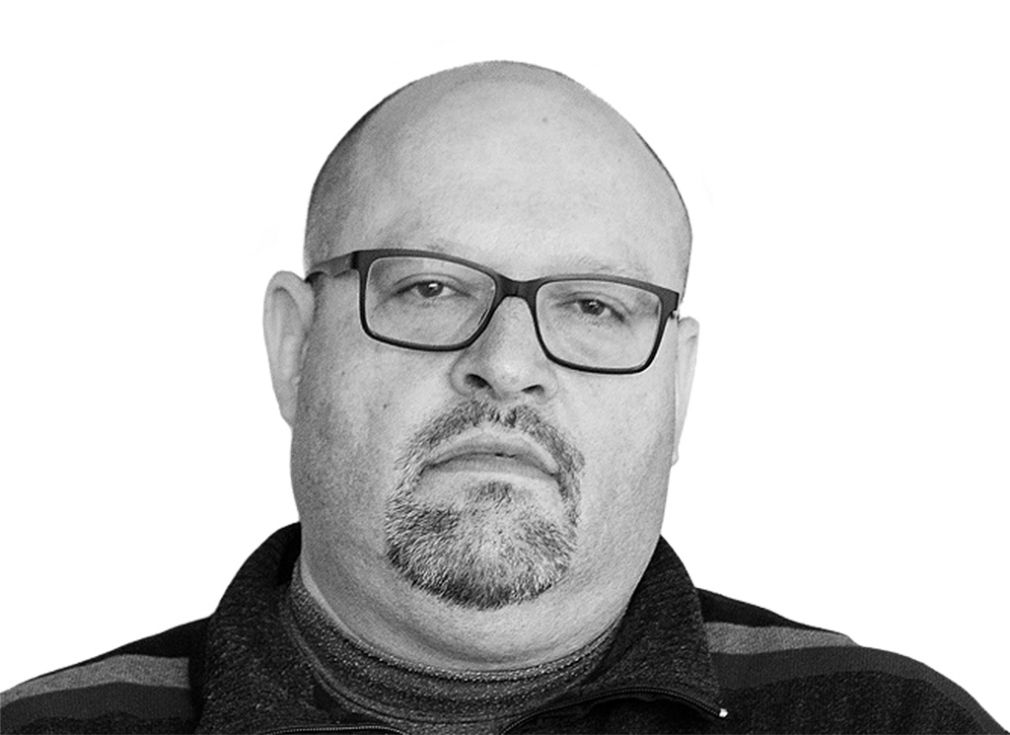By: Dr. Matevž Tomšič
The claim that “it is the liberals today who advocate the restriction of freedom of expression” at first glance sounds contradictio in adiecto, that is, something that is self-contradictory. Liberalism is supposed to be the political doctrine that has freedom as its highest value. Therefore, the right of the individual to express his or her opinions and views publicly is, so to speak, an inviolable sacred thing. Moreover, liberals are also said to emphasise the right of the individual to choose for themselves which view of life they will follow; therefore, they are not supposed to be supporters of the introduction of any “official” ideologies.
Yes, liberals used to be like that. Especially those in the Anglo-Saxon world. What we have written above applied to classical liberalism as it existed in the eighteenth and nineteenth centuries, and to a considerable extent also in the twentieth century. Its leading intellectuals such as Adam Smith, Benjamin Constant, Frederic Bastiat, John Stuart Mill, Alexis de Tocqueville, and others emphasised the leading position of an individual over the community, the importance of individual rights and freedoms, and advocated minimal state interference in human relations. However, at least some of them also took into account the importance of common values, especially in terms of the need for “moral compatibility” among the members of the community. In ideological terms, we can say that such liberalism belonged on the right pole of the political space.
However, these are mostly tempi passati. What is now being declared as liberal is not even remotely reminiscent of original liberalism. And not only in America, where this label has previously been associated with leftism, but also in Europe, where in the past it definitely did not mean a leftist connotation. Now, however, a whole set of new-leftist ideological products are often sold under the said brand, which are largely fuelled by the tradition of cultural Marxism. They equate it with multiculturalism, feminism, LGBTism, and the like; with all that is considered “progressive”. Often liberalism is even a disguised behind the spread of socialist ideas.
Therefore, it is also not surprising that in the European Parliament, liberals gathered in the Renew group usually vote together with the Socialists, and that they accept those who enthusiastically sing the communist song Bandiera rossa (remember the former Slovenian Prime Minister). Thus, they have in fact become an extension of the Socialists, as they agree with them in imposing a left wing agenda, be it the issue of migration, gender relations, family policy, or the dismantling of the communist heritage in the eastern European Union members. Among the alleged liberals, people such as the recently well-known Dutch MEP Sophie in t’ Veld can be found. She is waging a real little crusade against the current Slovenian government due to alleged “pressure on the media”. Namely, she is a rather radical leftist who advocates the implementation of the theory of gender and the unrestricted acceptance of third-world migrants, but opposes the nurturing of traditional European values – she thus sharply attacked the President of the European Commission, Ursula von der Leyen, when she proposed the introduction of the position of Commissioner in charge of protecting the European way of life.
We can say that European liberalism has followed the “Slovenian path”. The party called the Liberal Democracy of Slovenia, which dominated the political space in the first period of transition, had little in common with (classical) liberalism. This was even less true of its civil society derivatives, such as the Liberal Academy. We can now find a similar finding for a large proportion of self-declared liberals across Europe. Thus, it is no wonder that many of them are in favour of ideological censorship in the name of fighting “hate speech”.
Matevž Tomšič is a sociologist, professor at the Faculty of Applied Social Studies, and President of the Association of Journalists and Publicists.

